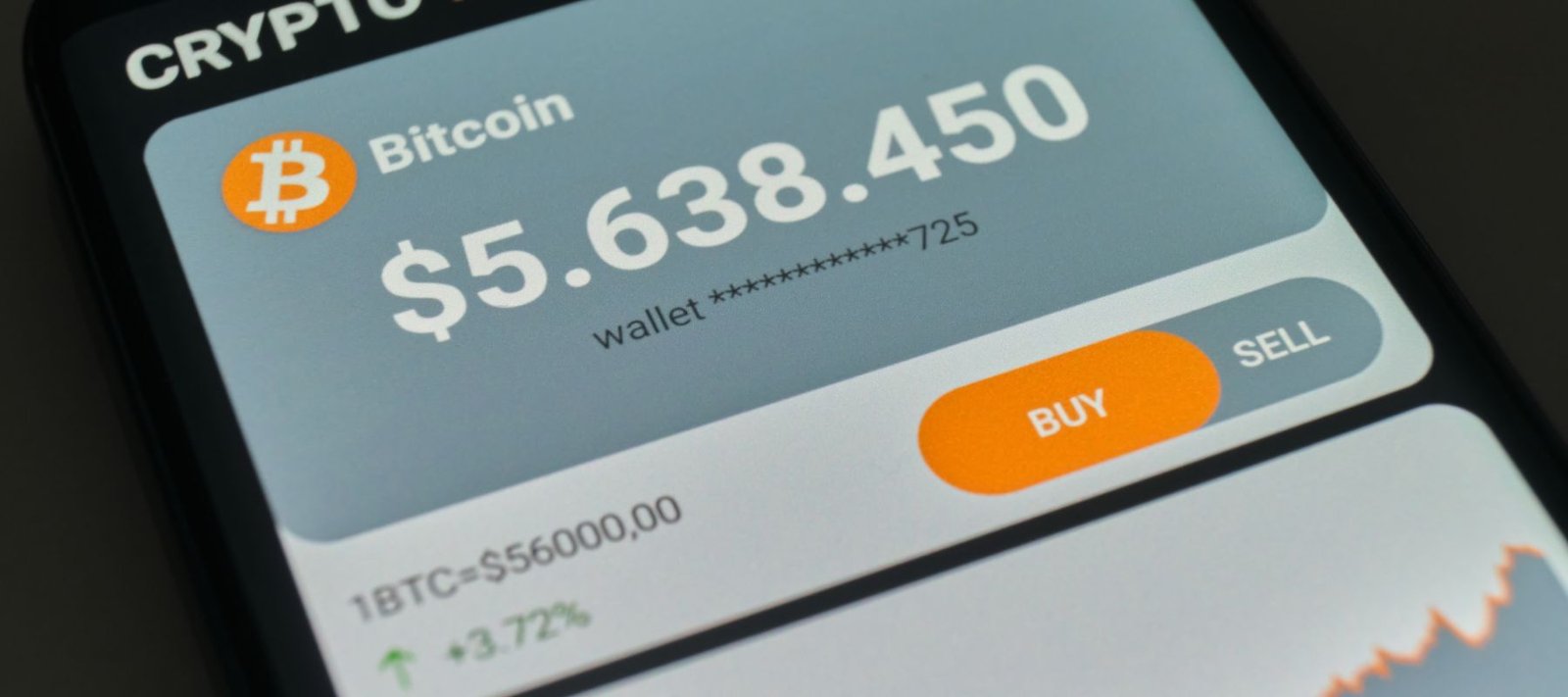Crypto Wallets: The Best Wallets for Digital Asset Safety in 2024
In the burgeoning world of digital currency, the security of one’s assets is paramount. As the bridge between the traditional financial space and the decentralized arena of cryptocurrency, crypto wallets are essential for anyone looking to engage with digital assets. But what exactly are crypto wallets, and how do they ensure the security of your cryptocurrencies?
Understanding Crypto Wallets
A crypto wallet is not just a place to store digital currencies; it’s also a tool for managing and securing blockchain-based assets. It holds the keys to your cryptocurrency holdings—quite literally.
There are two types of keys: public keys, which can be shared with others and are used to receive cryptocurrency, and private keys, which should be kept secret at all times and are used to sign transactions.

Types of Crypto Wallets
Crypto wallets come in various forms, each with its unique features and levels of security:
- Hardware Wallets: Often considered the gold standard for security, hardware wallets are physical devices that store your private keys offline. They are immune to online hacking attempts and are an excellent choice for holding large amounts of cryptocurrency long-term.
- Software Wallets: These are applications that can be installed on your computer or smartphone. While more convenient for active trading and accessing funds, they are potentially vulnerable to malware and hacking.
- Paper Wallets: As the name suggests, a paper wallet is a physical copy of your public and private keys, often in the form of a QR code. While paper wallets are not susceptible to online hacking, they are vulnerable to physical damage and loss.
- Web Wallets: Web wallets are accessible through browsers and are often hosted by exchanges. They are very convenient for quick trades but are generally considered less secure since the exchange holds your private keys.
Best Practices for Wallet Security
To maximize the security of your assets, consider the following best practices:
- Use Strong Passwords: Always use complex and unique passwords for your wallet and related accounts.
- Enable Two-Factor Authentication (2FA): This adds layer of security beyond just the password.
- Regular Backups: Keep regular backups of your wallet data, especially if you’re using a software wallet.
- Keep Software Updated: Ensure that your wallet software and any related applications are kept up-to-date with the latest security patches.
- Be Cautious with Online Services: Be wary of online services requiring you to enter private keys or wallet passwords.
- Consider Multiple Wallets: Using multiple wallets can help distribute risk; consider using a hardware wallet for savings and a software wallet for transactions.
Top Pick Software Wallets
| Company | Number of Currencies Supported | Supports Bitcoin | Incorporated Exchange | Customizable Fees | Compatible Hardware |
|---|---|---|---|---|---|
| Exodus | 260+ | Yes | Yes | Yes | Yes |
| Electrum | 1 | Yes | No | Yes | Yes |
| Mycelium | 8+ | Yes | Yes | Yes | Yes |
| Guarda | 40+ | Yes | Yes | Yes | Yes |
| Coinbase Wallet | Thousands | Yes | Yes | Yes | Yes |
The Future of Wallet Security
As the crypto industry evolves, so do the solutions for keeping assets safe. Innovations such as multi-signature wallets, which require multiple approvals before transactions can be made, and smart contract-based security measures are on the rise. The future of wallet security looks promising, with a continued focus on balancing accessibility with robust protective measures.
The Importance of Secure Wallet Options
The paramount importance of secure wallet options in the cryptocurrency space cannot be overstated.
In an ecosystem where digital assets represent a significant monetary value and are a target for sophisticated cyber-attacks, a secure wallet is not just a convenience, it is a necessity.
It acts as a personal safe deposit box for digital currencies, shielding them from unauthorized access and cyber theft.
The security a wallet provides is crucial in preventing the loss of funds due to hackers, phishing sites, and malware.
Users must be diligent in selecting wallets that offer strong encryption, and reliable backup options, and maintain a track record of robust security measures.
In essence, a secure wallet is the bedrock upon which the assurance of digital asset ownership is built, making it a critical component of the cryptocurrency infrastructure.
Conclusion
Crypto wallets are the first line of defence in the digital currency domain. By understanding the different types of wallets and employing a stringent security protocol, you can ensure that your digital assets remain under your control.
As the adage goes, not your keys, not your coins, highlighting the importance of private key management in the security of your crypto assets.


